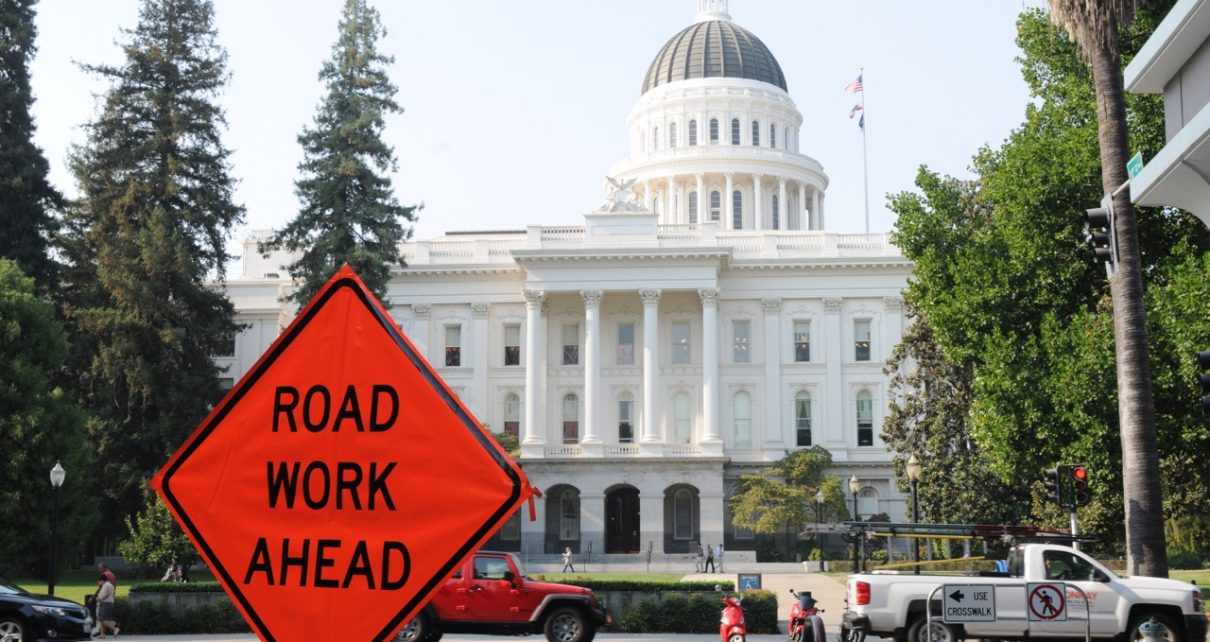
California State Capitol. (Photo:Kevin Sanders for California Globe)
Public Safety Unions Played a Decisive Role in Getting Brian Dahle Elected to California’s State Senate
What Do Public Safety Unions Stand For?
By Edward Ring, June 7, 2019 2:13 am
In a special election earlier this week, Brian Dahle defeated Kevin Kiley in the race to become the next California State Senator representing District One, which sprawls north from the foothills east of Sacramento all the way to the Oregon border.
Both candidates were Republican members of the State Assembly, competing in one of the few safe Republican districts left in California. If you study their legislative voting records, all but the most committed conservative wonks would consider these men to offer pretty much the same positions on most issues. But you wouldn’t know it from reading their campaign flyers.
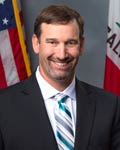
In a dirtier than average campaign, Dahle alleged that Kiley worked directly for Kamala Harris, referring to him as a “former staffer” of hers. That flimsy truth is based on the fact that Kiley was a deputy attorney general for the state when Harris happened to be attorney general. In other flyers, Dahle accused Kiley of making it “easier for illegal immigrant criminals to remain in the U.S.,” being “funded by the same liberals who financed Nancy Pelosi Bernie Sanders and Hillary Clinton,” refusing to “support legislation to hold PG&E accountable for the wildfires,” authoring “legislation making it difficult for victims who are dying from asbestos poisoning to collect damages,” and going “AWOL on welfare fraud.”
You get the idea. While Kiley tried to hit back, for every flyer he mailed, voters often received two flyers from Dahle. Some voters got more than twenty flyers supporting Dahle, more than half of them offering up dirt on Kiley. And who endorsed Brian Dahle, and, presumably, paid for much of the expenses to support his candidacy? Here, from his campaign website’s endorsement page, are the organizations at the top of that list:
“California Professional Firefighters, California State Firefighters Association, Cal Fire Firefighters Local 2881, Redding Firefighters, Sacramento Area Firefighters, Nevada County Professional Firefighters, California Highway Patrolmen Association, Peace Officers Research Association of California (PORAC), California Correctional Peace Officers Association (CCPOA).”
Which begs the question: Public safety unions played a decisive role in getting Brian Dahle elected to California’s state senate. What is Brian Dahle going to do for them?
What do Public Safety Unions Stand For?
You can argue that politics in a democracy are always dirty, and both sides do it all the time. But it should still bother anyone paying attention when our role models, our teachers, police and firefighters, not only engage in politics, but often take the low road to accomplish their political objectives. Politicians who stand up to these unions are demonized.
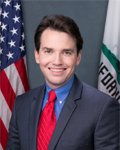
Remember the “Chuck Reed is a Bad Person” bumper stickers appearing on cars throughout the San Jose area back in 2012, when then Mayor Reed tried to reform that city’s pensions? Remember the “Screw Arnold” bumper stickers appearing on cars all over California back in 2005, when then Governor Schwarzenegger tried to stop automatic union dues deductions from government paychecks?
Kevin Kiley is just the latest casualty.
Is spreading dirty, disparaging half-truths to destroy political rivals how people should behave who we count on to protect us from criminals, rescue us from burning buildings, and teach our children? It’s hard to forget how public union representatives talked about Gov. Schwarzenegger back in 2005 – openly on television and radio. It was ugly and personal. They didn’t sound like heroes, to put it mildly.
Even more important than the tone and the tactics of public sector unions is the political agenda they support. What do they believe in? Is protecting their pay and pensions their most important priority? Is that compatible with their pledge “to protect and to serve,” if it bankrupts our cities? And what about other issues of vital importance to our future?
Back in January 2019, how did it serve the public for International Association of Fire Fighters president Harold Schaitberger to lead 1,600 firefighters in solidarity with striking teachers in Los Angeles? Was his membership asked, or have they even thought about what unions have done to California’s public schools? Are they actually against charter schools, which often are the only hope for underprivileged children in California’s inner cities to get a quality education? Do they understand that pension and benefit costs are by far the main reason California’s public schools are in financial trouble?
And what about police unions in California? When you step back beyond issues of pay, benefits, officer safety and officer effectiveness – all compelling issues – what is their stance on the epic issues of our time? Does it represent what their members think? What do the members really believe is in the best interests of the public they serve, and are their leaders embracing those principles?
Two Conservative Pledges for Public Sector Unions
If members of public sector unions are committed liberals, they’ll probably find the political agenda of their unions to be quite in line with their personal sentiments. But what if they’re not liberals? And what about politicians who run for office and seek the endorsement of these unions? What political ideology should they mutually support? What political platform should they mutually endorse?
When candidates seek the endorsement of public sector unions, it is common for them to complete a candidate questionnaire. The questions posed are fairly predictable. The teachers union may want to know the candidate’s position on, for example, charter schools or school vouchers. A public safety union may want to know the candidate’s position on the impact of recent criminal justice reforms.
But why shouldn’t the candidates question these unions? Why shouldn’t a candidate, or a political party, for that matter, reject union money and reject union endorsements if they don’t score high enough on a questionnaire of their own? Or, before taking union money or accepting union endorsements, why not ask these union leaders to sign a pledge?
Presented below are two conservative pledges that might be presented to leaders and members of public sector unions. The first one might actually be considered bipartisan, but it might also be considered one that would only have value in a perfect world. It calls for political neutrality on the part of public sector unions, which is a fantasy. The second one, offered for the real world, presents a conservative agenda that union members may embrace wholly or in part. It is a conservative alternative to the liberal agenda that currently attracts nearly all public sector union spending.
THE AMERICAN PUBLIC SERVANT PLEDGE – FOR A PERFECT WORLD
(1) Americans First: We recognize that the interests of the American citizens we serve come first; before the interests of the government, government employees, or non-citizens.
(2) Citizens Before Government: We understand that sometimes government policies benefit ourselves and our union more than they benefit the general public, and we will always put the public interest before the interests of ourselves or our unions.
(3) Shared Sacrifice: During times of economic hardship or declining budgets, we are willing to make reasonable sacrifices, proportionate to what the general public is enduring.
(4) Same Rules: We do not expect our union to protect us if we have engaged in behavior on the job – through incompetence, negligence, or criminality – that would get us fired in the private sector, and we expect our union to refrain from protecting bad behavior of any kind.
(5) Same Benefits: We realize that our pension benefits far exceed private sector norms, that they are financially unsustainable and unfair to taxpayers. Consequently, for work we have not yet performed, we support reductions to our pension benefit accruals to pre-1999 multipliers.
(6) Political Neutrality: As public servants our calling is to be nonpartisan and politically neutral, and we expect our unions to limit their activities to collective bargaining.
THE AMERICAN PUBLIC SERVANT PLEDGE – FOR THE REAL WORLD
Preamble: We accept that public sector union activity, all of it, is inherently political. We therefore choose to embrace political positions that support the best interests of American citizens, and recognize our voice is needed to help win the war to preserve our culture, our national identity, our national independence, our prosperity, our freedom, and our ability to compete in the world. To that end, here in California, we will use all our influence to support candidates, legislation, and citizen initiatives to achieve the following political goals:
(1) More Infrastructure: We support comprehensive upgrades and expansion of California’s infrastructure. To that end, we support streamlining of the permitting process, and innovative public/private financing including allocating at least 10 percent of all public employee pension fund assets to fund revenue bonds. Infrastructure priorities include smart roads, upgraded rail, pipeline, airport, and seaport assets; natural gas and nuclear power plants; hospitals, mental health facilities, prisons; desalination plants, off-stream reservoirs, aquifer storage, sewage reuse, and aqueduct upgrades.
(2) Practical Environmentalism: We support a complete overhaul of California’s excessive environmentalist legislation, especially with respect to forest management, wildlife management, water management, air quality management, land development, and renewable energy mandates. For example, we support a requirement that all renewable energy producers guarantee uninterrupted, year-round energy, and work those costs into whatever contracts they negotiate with public utilities.
(3) Deregulate Land Development: We realize that a major cause of unaffordable housing and homelessness are excessive environmentalist regulations – accordingly, we support repeal of CEQA which ties up all construction projects with needless requirements that either overreach or are duplicative with existing federal law. We support repeal of SB 375 which attempts to restrict all new development into existing cities. We agree that expanding California’s urban footprint is an essential prerequisite to bringing down the price of housing and we support legislation to further that goal.
(4) Restore Law and Order: We demand a ballot initiative to repeal Prop 47 which downgraded property crimes and drug offenses, making it impossible to engage in “broken windows” policing. We demand a ballot initiative to repeal Prop. 57, which released thousands of criminals back onto California’s streets. We demand legislative repeal of AB 953, which needlessly bureaucratized police work and made it harder to make arrests based on objective criteria.
(5) School Choice and Teacher Accountability: We support private sector nonprofit and for-profit organizations competing with traditional public schools. We support charter schools, home schooling, school vouchers, and tuition deductibility. We believe teacher tenure should not be granted, if at all, until after at least five years of classroom observation. We believe incompetent teachers should be swiftly fired at the discretion of principals, and we believe competence, not seniority, should govern what teachers are dismissed during layoffs.
(6) Anti-Discrimination: We recognize that individual hard work and merit is the traditional path to success in America, and therefore we reject and oppose all forms of discrimination based on group classifications – including race, gender, income, religion, national origin, age, ableism, etc. We reject and oppose any form of affirmative action or quotas in hiring, layoffs, firing, promotion, college admissions, contract awards, or any similar competitive activity. To lower tuition costs and restore a level playing field to academia, we support eliminating the “diversity, equity, and inclusion” bureaucracies in every public institution of higher learning.
(7) Sensible Immigration Policies: We support immigration reform that emphasizes admittance based on merit over chain migration and the visa lottery. We demand an end to birthright citizenship based on birth tourism. We demand strict enforcement of citizenship verification requirements for employers. We demand reform of asylum laws to prevent further abuse. We demand the right for members of law enforcement to work with ICE officials to keep violent criminals in custody.
Conservative Members of Unions Have Choices
Ever since the Janus decision made it possible for public sector union members to vote with their feet, these unions have become more accountable. If they support candidates and legislation that offends their members, those members can quit.
Conservatives who wish they lived in a perfect world may push for political neutrality from public sector unions. Conservatives who live in the real world might consider more assertive engagement with public sector unions. Demand they pursue political objectives that serve the public, and represent the opinions of their members.
As it is, conservatives, especially in California, are getting nothing from the most powerful special interest in the state, public sector unions. But now more than ever, post-Janus, California’s conservatives can ignite conservative insurgencies within these unions. They should seize this opportunity. They have nothing to lose.
- Ringside: Large Scale Desalination Belongs in California’s Water Strategy - February 12, 2026
- Governor Newsom: Turn Up the Delta Pumps! - February 11, 2026
- Ringside: Can California’s Oil Industry Survive? - February 5, 2026


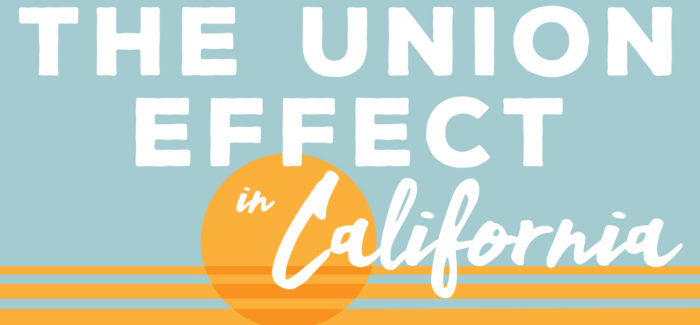

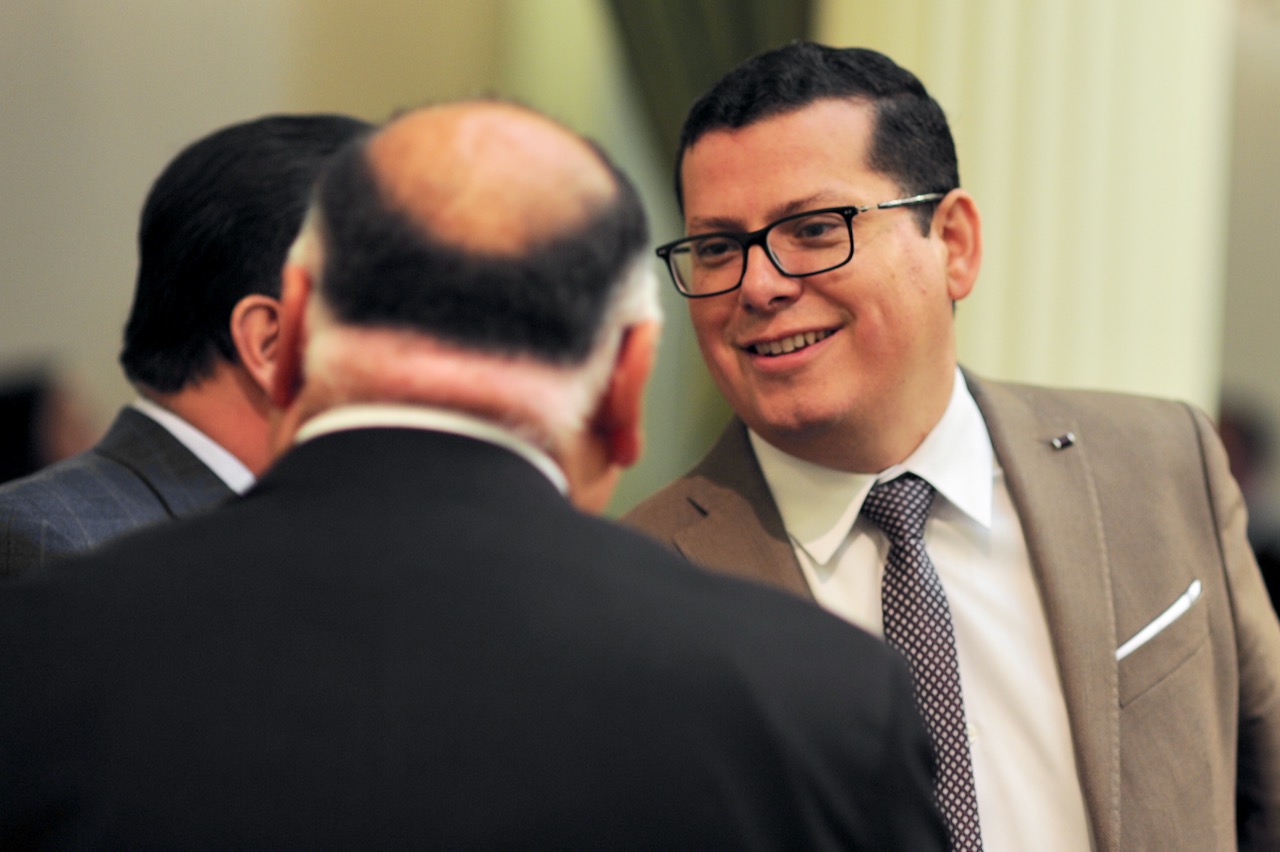
It does seem that the time is ripe for this idea and that voters would embrace it. Conservative candidates SHOULD take back the moral high ground and put destructive public employee unions on the defensive where they belong.
Public employee unions stand for exactly the same things every labor union, professional association, craft guild, and affinity group stand for: maintaining and improving the salaries, benefits, professional status, and working conditions of their members.
Public employee unions differ from other unions in that the most interested party — the taxpayer who pays the salaries and benefits — does not have a seat at the negotiating table. Government reps — council members, say — are not representing the taxpayer because they are more beholden to the unions for political donations than they are to the taxpayer.
And public sector workers are now being paid way more in salary and benefits than their counterparts in the private sector.